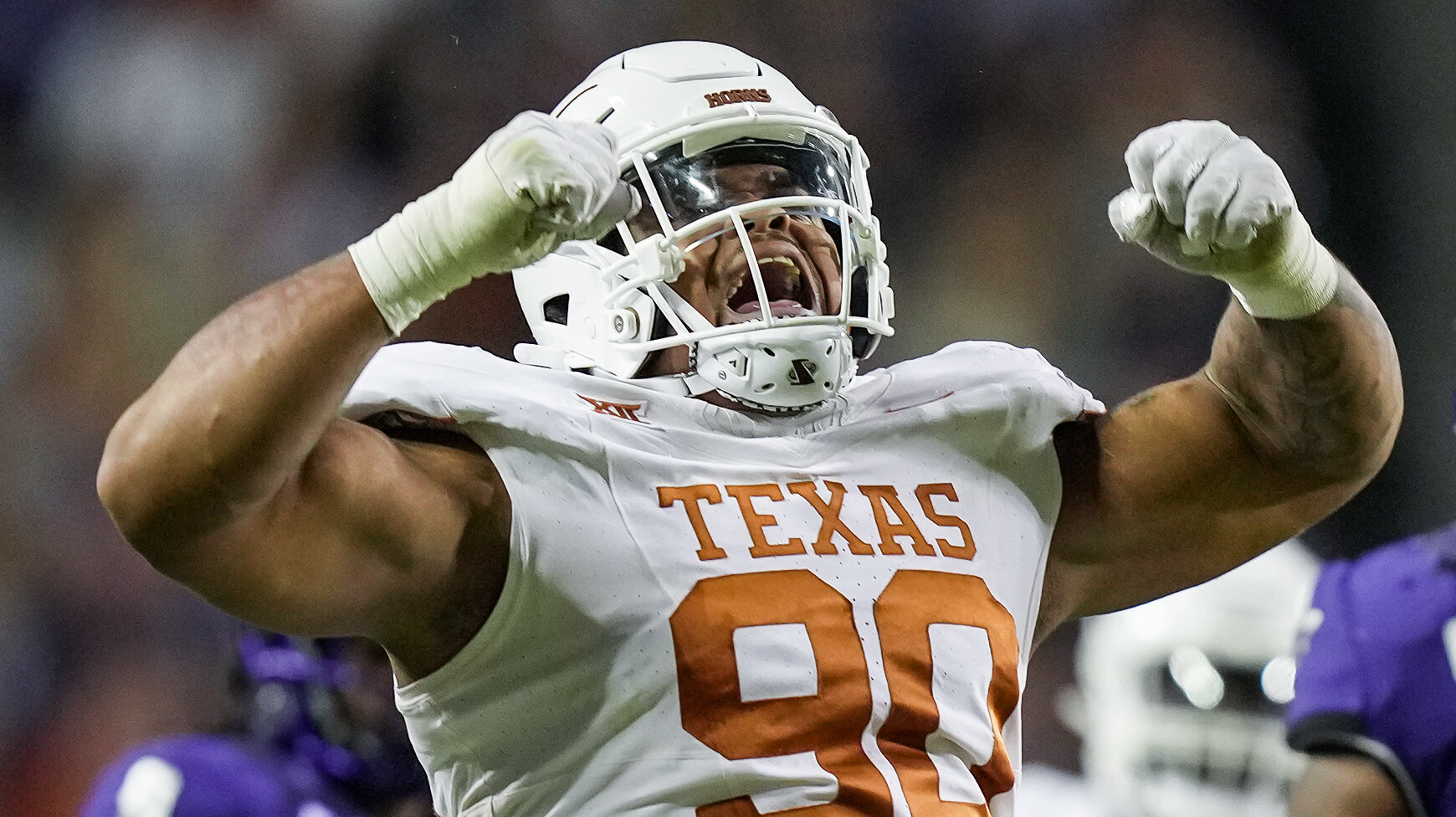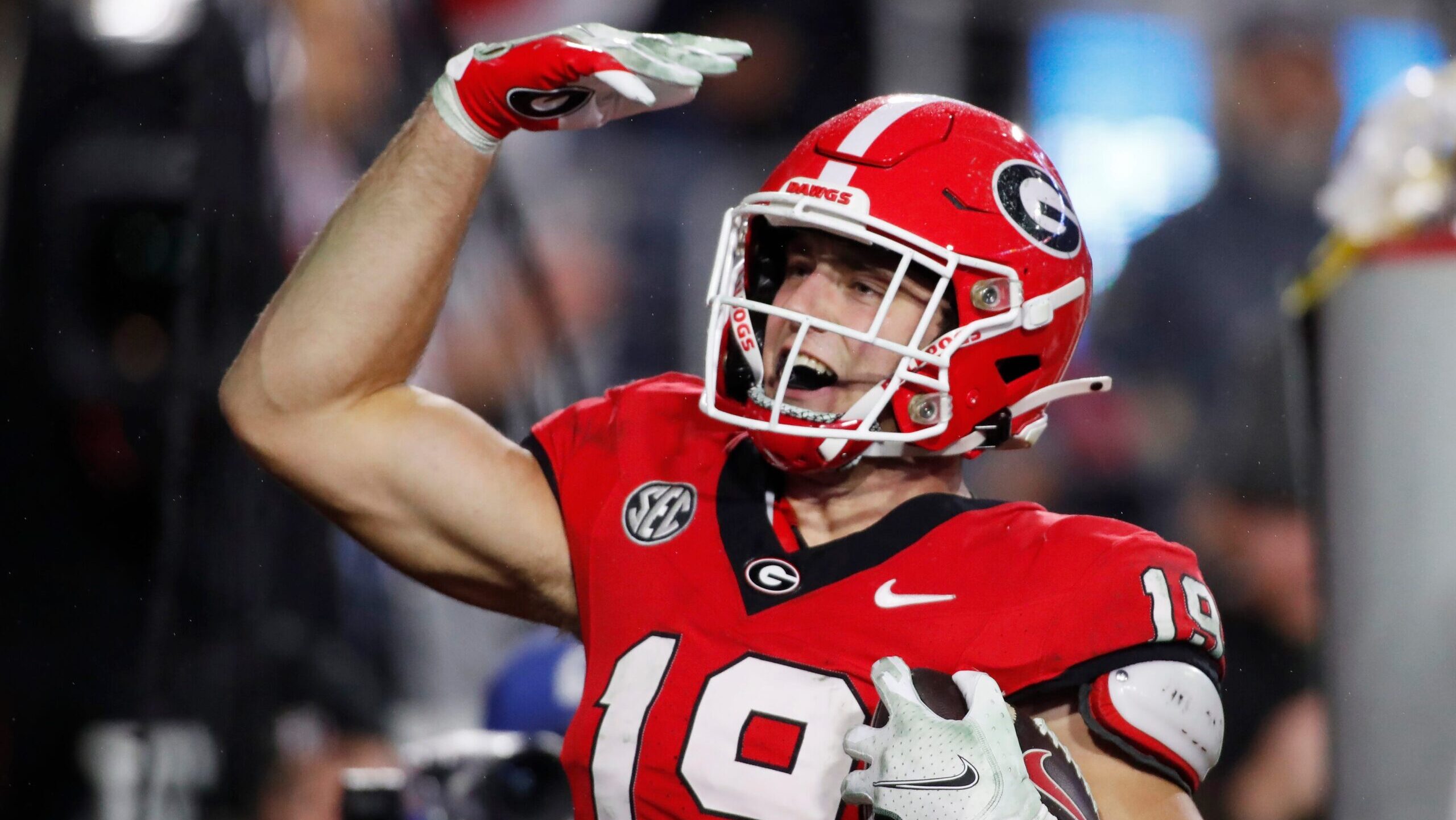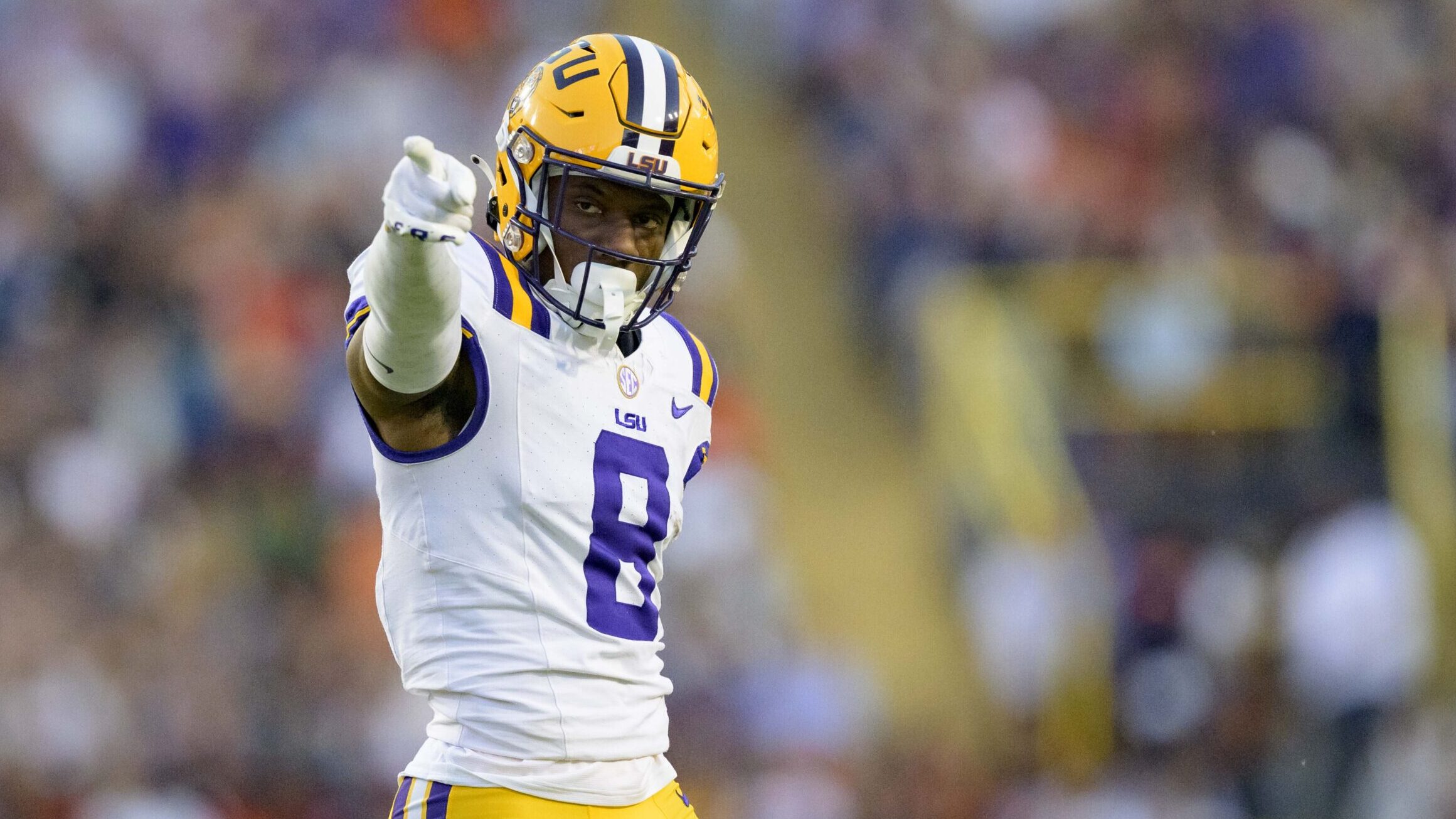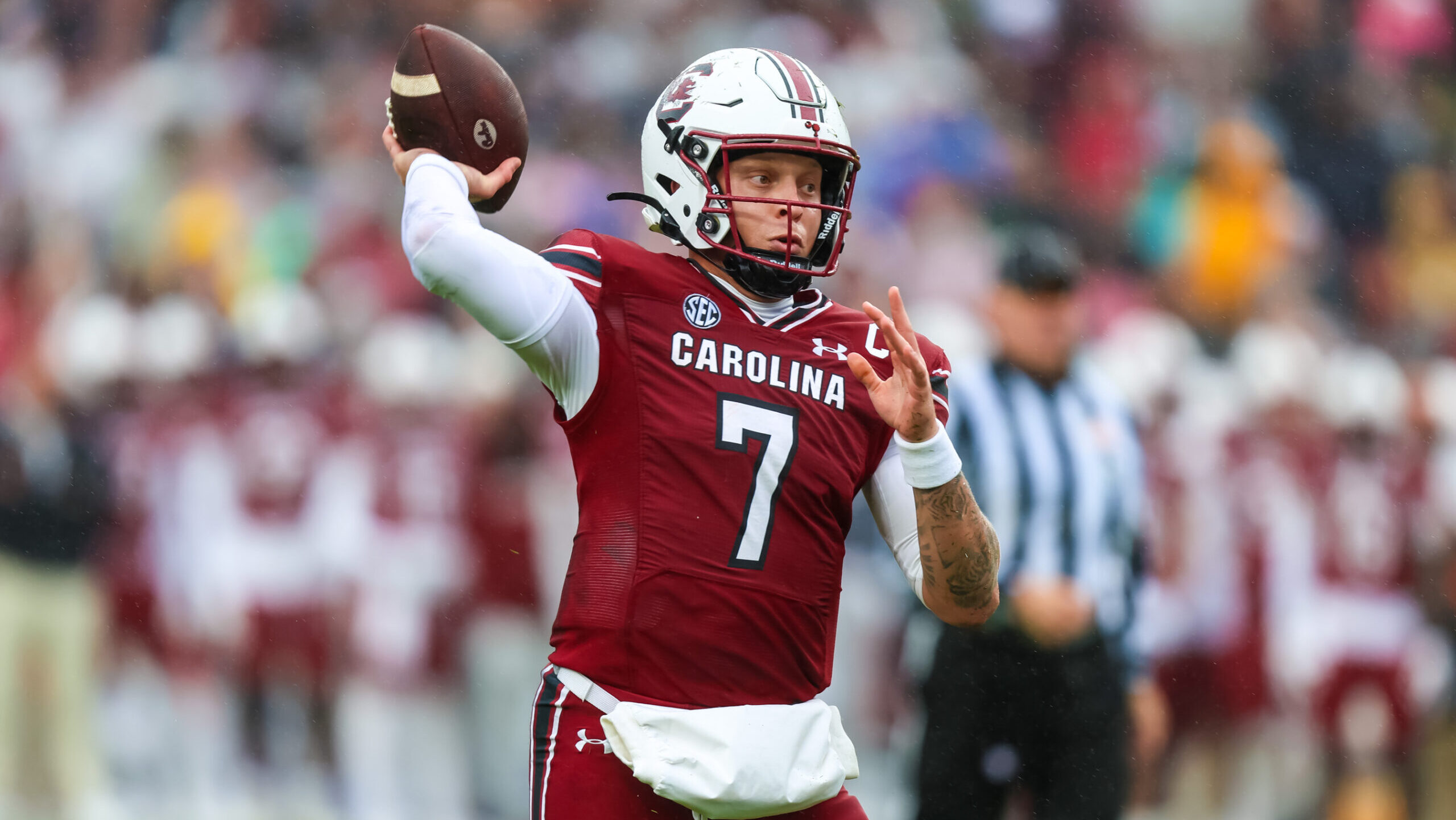Analysis
3/10/22
6 min read
Another Star Edge Rusher In LA; Analyzing the Khalil Mack Trade
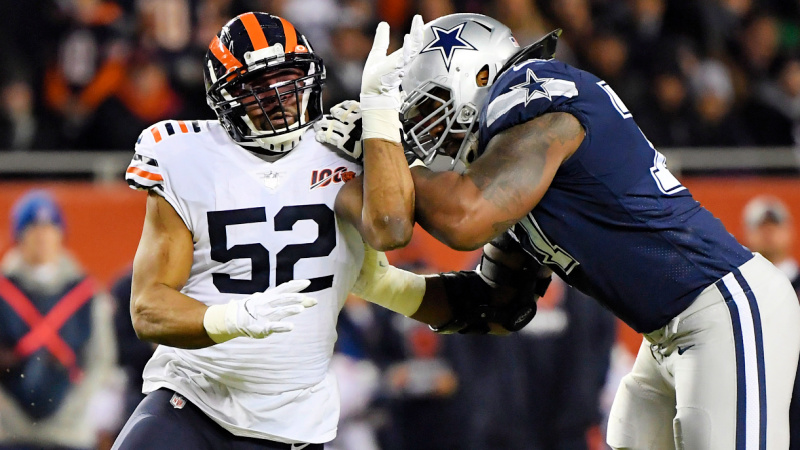
The AFC West continues to make headlines. This time, the Chargers are in the center of the news cycle after trading for veteran edge rusher Khalil Mack.
Mack, a six-time pro bowler and former DPOY, missed the final 10 games of the 2021 season with a foot injury that required surgery in November. Over his four seasons in Chicago, Mack played 53 of the available 65 games, totaling 36 sacks. He was elected to the Pro Bowl three times, was voted first-team All-Pro in 2018, and was second-team All-Pro in 2020. In total, the Bears ended up giving up two first-round picks and gave Mack a six-year extension for $141 million. They paid him $91 million across his four seasons in Chicago.
When aiming to analyze this trade with a critical lens, the most evident recent comparable that comes to mind is the Rams’ late-season acquisition of Von Miller.
In eight games with the Rams, Miller totaled five sacks. His presence was felt even more in the playoffs, as he shined with four sacks in four games. The acquisition of Miller proved instrumental in their Super Bowl victory after he sacked Joe Burrow twice.
The Bears receive a 2022 2nd-round pick and 2023 6th-round pick in exchange for the 31-year-old Mack with three years left on his contract, while the Broncos received 2022 2nd and 3rd round picks Von Miller and his expiring contract.
The difference in trade value between these two transactions is not as staggering as one might think according to the Fitzgerald-Spielberger and Jimmy Johnson charts.
| Khalil Mack (CHI → LAC) | ||
| Pick | Fitzgerald-Spielberger | Jimmy Johnson |
| Chargers’ 2022 2nd Round Pick (48th Overall) | 1,038 | 420 |
| Chargers’ 2023 6th Round | 223 | 9.2 |
| TOTAL | 1,261 | 429.2 |
| Von Miller (DEN → LAR) | ||
| Pick | Fitzgerald-Spielberger | Jimmy Johnson |
| Rams’ 2022 2nd Round Pick (64th Overall) | 892 | 270 |
| Rams’ 2022 3rd Round Pick (96th Overall) | 687 | 116 |
| TOTAL | 1,579 | 386 |
Interestingly, these two tools are conflicted on who got the better deal in terms of draft pick compensation, with only a 5th or 6th round pick being the difference between the trades no matter which chart is used.
The way Mack’s contract is currently constructed, the Chargers will have team control over him through the 2024 season at a three-year $63.9 million price tag. After restructuring Mack’s contract prior to the 2021 season, the Bears will now take a $24 million dead cap hit in 2022 as a result of this trade — the largest of any non-QB in NFL history.
In comparison, the Broncos absorbed just $9 million in dead money in 2021 as a result of the mid-season trade. Additionally, the Rams traded for Miller knowing that he was scheduled to become a free agent at the end of the season and there was a high likelihood that they would not be able to afford him. Even so, the Rams willingly gave up a 2nd and 3rd round pick for a rental pass rusher. They may recoup some of that draft capital in the form of a 2023 compensatory pick, but that will not materialize until next season and there is always a question mark as to what round it will be in considering the complicated formula that the NFL uses.
While the Miller trade may have been a result of the Broncos taking advantage of Rams GM Les Snead and the team’s aggressive nature – they have not made a first round selection since 2016 and do not currently own a day 1 or 2 pick in the upcoming draft – it is clear that the Chargers got a comparable deal for a player of similar quality who is under contract for an extra three season.
The Chargers strategy here seems to be to take advantage of Justin Herbert’s rookie contract and the $42,316,690 cap space they were sitting on even after the 3-year $60 million Mike Williams deal. With Herbert taking up less than 3.5% of the team’s cap, now is the time to go all in on winning a championship.
Jason Fitzgerald of Over the Cap believes the Chargers are taking the right approach with this situation. He also points out that both the Williams and Mack deals “are ones that they can get out of when it’s time to pay Herbert, so you take the swings now while you can.”
As currently constructed, the Chargers have a potential out of the Mike Williams deal prior to the third year with only a $7 million dead cap hit. Similarly, if Mack’s production does not live up to his All-Pro level as he advances further into his 30s, the Chargers will be able to release him with only $5.5 million in dead money associated, unless they restructure his contract to reduce the $17,750,000 cap hit he is set to play on in 2022.
This past season, the Chargers generated 35 sacks (20th in the NFL), 156 total pressures (18th in the NFL), and had 68 hurries (17th in the NFL). They also ranked third-to-last in the league in missed tackles with 127 missed overall. While many of the Chargers’ issues on the defensive side of the ball were due to their inability to stop the run, they still saw their pass rush struggle at times. Los Angeles certainly missed the presence of Melvin Ingram after he moved on last season.
“The Chargers will likely get good production out of Mack for at least a few years,” said former NFL General Manager Mike Tannenbaum. “He is 31 years old, so that certainly plays a factor, but they needed to address the pass rush this offseason and this move does that in a big way and at a premier position.”
Nobody will be happier about the trade than Joey Bosa, who will get the chance to rush opposite Mack. The tandem will instantly become one of the league’s most feared pass rush duos.
Bosa had 10.5 sacks and 7 forced fumbles in 2021, and he could be even better in 2022 with offensive lines being forced to focus on the threat of Mack as well. Mack will reunite with Brandon Staley, who worked with OLBs in Chicago in 2018, which was Mack’s best season as a Bear.
With this trade, it is clear that new Bears GM Ryan Poles is cutting his losses and looking to gain as much draft capital as he can while creating future cap space.
“This is a classic situation that new front offices find themselves in when they inherit veteran contracts,” said Tannenbaum, who experienced this scenario on two separate occasions.
Chicago will be looking at more than $40 million in 2022 dead money thanks to this trade as well as the expiring contracts of Andy Dalton, Jimmy Graham, Charles Leno Jr., and Germain Ifedi — all of which contained void years with signing bonus prorations.

